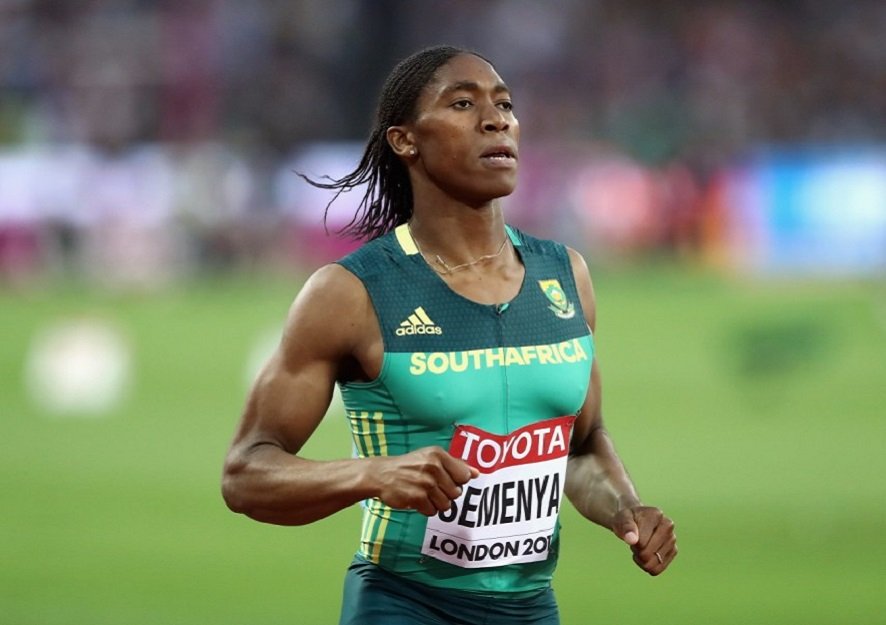
South Africa sports minister says IAAF wants to violate women’s bodies

South Africa’s sports minister, Tokozile Xasa arrived in Switzerland to support Caster Semenya, saying her trip to the Alpine nation was aimed at offering support to her compatriot Semenya as the week-long hearing draws to a close.
Xasa reiterated her government’s position, saying the IAAF seeks to violate women’s bodies.
“We are talking (about) violations of women’s bodies. Where women have to explain themselves for how they appear in the eyes of (others),” Xasa said.
Xasa said she had been asked to carry a message to Semenya from South African President Cyril Ramaphosa.
“Remember, you are great. Remember, that you are a symbol that constantly reminds us that nothing beats the enduring power of human spirit,” Xasa quoted the president as saying.
“We want to make sure that you don’t feel alone,” she added.
Last week the South African government launched a campaign dubbed #NaturallySuperior in a bid to drum up international support for Semenya’s fight against the rules which they have labelled “discriminatory”.
Xasa was wearing a t-shirt that said “we oppose IAAF regulations” and voiced hope the message would help drive the global campaign.
The athlete is challenging a ruling of the International Association of Athletics Federation (IAAF)n that would force female athletes who have natural high levels of testosterone, to take drugs to lower this level before being allowed to compete in races from 400m to one mile.
Testosterone is a hormone that increases muscle mass, strength and hemoglobin, which affects endurance.
“The core value for the IAAF is the empowerment of girls and women through athletics. The regulations that we are introducing are there to protect the sanctity of fair and open competition and that’s really what we are here to defend, said Sebastien Coe, IAAF president.
The South African Athletics Federation is supporting Semenya, saying that such a rule is a negation of Semenya’s basic human rights.
“What’s at stake here is far more than the right to participate in a sport. Women’s bodies, their wellbeing, their ability to earn a livelihood, their very identity, their privacy, their sense of safety and belonging in the world are being questioned,’ argued Thokozile Xasa, South Africa’s minister of Sport.
The hearing is expected to last five days, with witnesses and experts testifying.
A final decision should be expected by the end of March, after a four-week deliberation.






